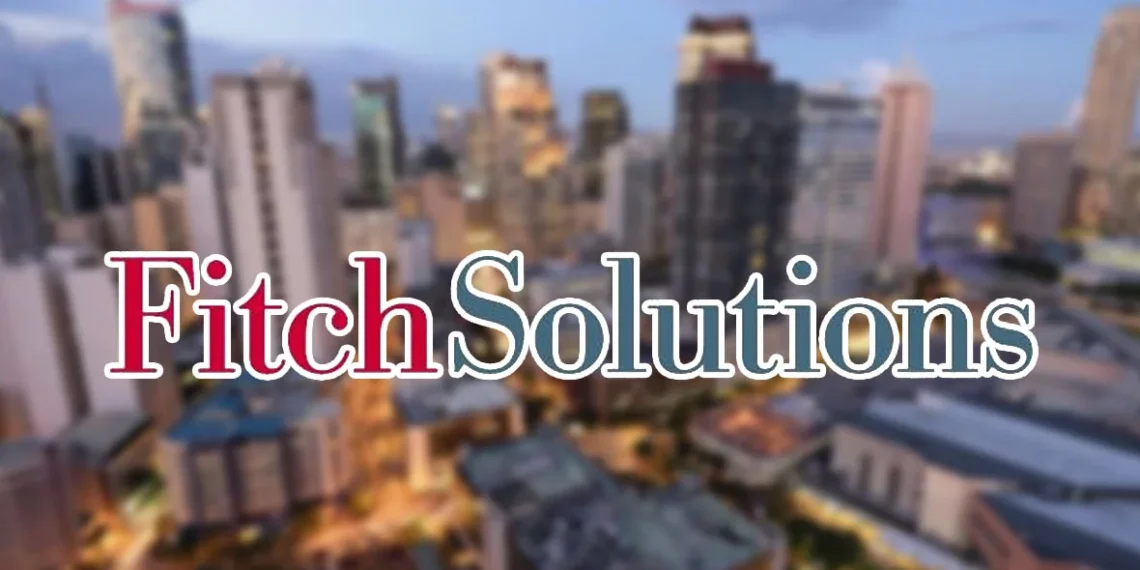Fiscal consolidation in Ghana and other Sub-Saharan African (SSA) countries is set to gain renewed momentum in 2025, according to Fitch Solutions’ latest report titled “Sub-Saharan Africa Macro Key Themes for 2025: Stronger Headline Growth but Structural Vulnerabilities Exist.”
This shift follows a challenging period of fiscal slippage fueled by election-related expenditures and public resistance to revenue-enhancing measures.
Fitch Solutions observed that in 2024, countries such as Ghana, South Africa, and Nigeria experienced fiscal slippage. These setbacks were attributed to heightened election-related spending and resistance from the populace to government efforts aimed at boosting revenue collection. For instance, in Ghana, significant portions of the budget were likely allocated to address pressing social and political issues, leaving little room for fiscal discipline.
Across SSA, fiscal deficits averaged 4.3% of GDP in 2024, highlighting persistent structural challenges that undermined economic resilience. This figure is a marked departure from the 2010-2019 average of 3.2%, reflecting how election cycles and socioeconomic pressures exacerbated fiscal vulnerabilities.
Fiscal Consolidation Efforts in 2025
With major elections concluded and a gradual easing of cost-of-living pressures, Fitch Solutions anticipates that governments will embark on more resolute fiscal consolidation efforts in 2025. The average budget deficit in SSA is expected to narrow to 3.9% of GDP, signaling a positive but cautious step toward fiscal sustainability.
However, the firm warns that despite these improvements, fiscal shortfalls will persist in many SSA nations, including Ghana, Nigeria, Ethiopia, the Democratic Republic of Congo (DRC), Côte d’Ivoire, and Uganda. These countries will continue to record fiscal deficits exceeding their 2010-2019 averages. Structural issues, such as inefficient public sector management, weak tax revenue systems, and reliance on external borrowing, are likely to constrain significant progress in reducing deficits.
For Ghana, fiscal consolidation remains critical to stabilizing its economy and restoring investor confidence. The country’s recent history of election-driven expenditure and reliance on external debt underscores the urgent need for reforms in public finance management. While Ghana’s government has taken steps to broaden its revenue base through measures such as the Electronic Transfer Levy (E-Levy), public resistance has hindered its effectiveness.
Additionally, the ongoing impact of global economic uncertainties and domestic economic pressures may pose challenges to achieving fiscal sustainability. Fitch Solutions’ forecast underscores the importance of striking a balance between fiscal discipline and socioeconomic priorities to ensure inclusive growth.
Monetary Policy Adjustments in SSA
Fitch Solutions also predicts significant shifts in monetary policy across SSA. Central banks in the region are expected to start or continue their monetary easing cycles, spurred by declining inflationary pressures. This development will likely contribute to greater monetary policy convergence among SSA economies.
Nevertheless, regional inflation is projected to remain above the 2014-2023 average of 11.4%, influenced by unique factors in large economies such as Nigeria and Ethiopia. These inflationary pressures, combined with fiscal vulnerabilities, may complicate the macroeconomic management of many SSA countries, including Ghana.
The renewed focus on fiscal consolidation in 2025 offers a critical opportunity for Ghana and its SSA counterparts to address long-standing structural challenges. For Ghana, this means implementing effective reforms to enhance revenue collection, reduce wasteful spending, and improve public sector efficiency.
As governments across the region navigate these fiscal and monetary adjustments, collaboration with development partners and international financial institutions will be essential. Initiatives to promote sustainable debt management, strengthen domestic resource mobilization, and enhance social protection systems can help mitigate the socioeconomic impact of fiscal consolidation measures.
Fitch Solutions’ outlook for 2025 presents a mixed bag of opportunities and challenges for Ghana and other SSA nations. While fiscal consolidation efforts are set to gain traction, persistent structural issues could limit the pace of progress.
For Ghana, prioritizing fiscal discipline, strengthening institutional frameworks, and fostering public-private partnerships will be vital in achieving sustainable economic growth. By addressing these critical areas, the country can position itself to reap the benefits of renewed fiscal focus and contribute to broader regional economic stability.
READ ALSO: GSE Trading Kicks Off the Week with Sharp Declines



















